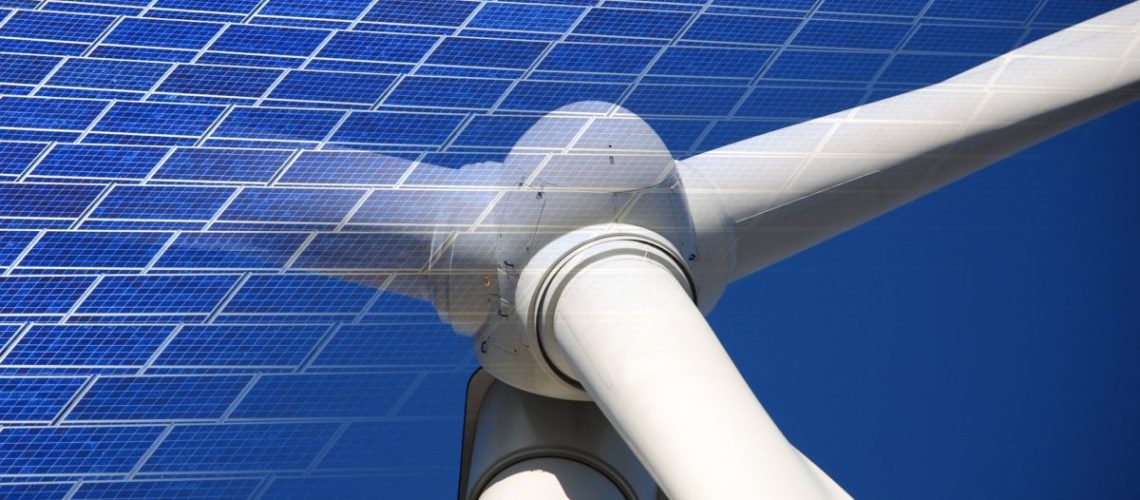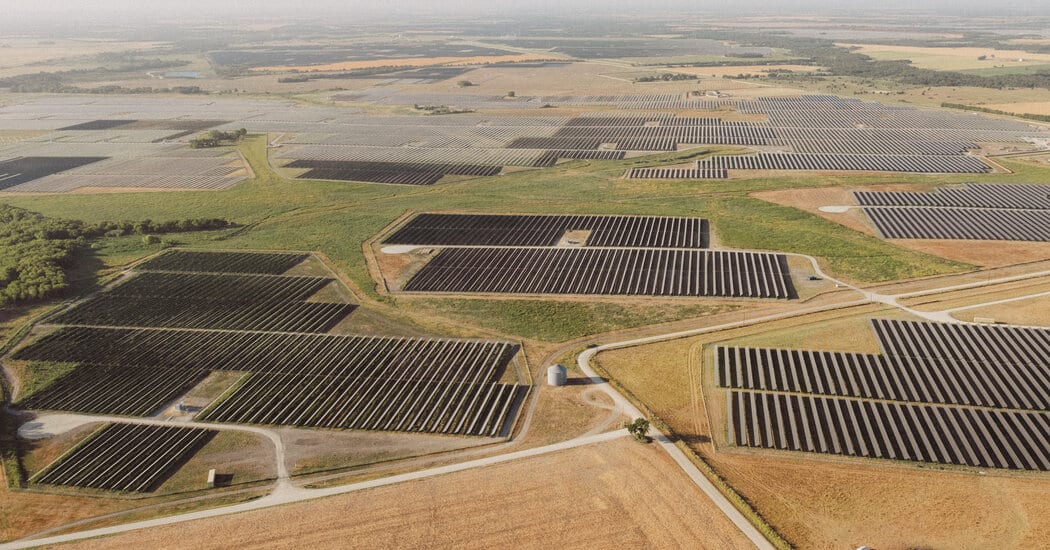A group of four Republican members of the House of Representatives proposed the Ending Intermittent Energy Subsidies Act to phase out tax credits for solar and wind projects.
The plan calls for phasing out the 48Y production tax credit (PTC) and the 48E investment tax credit (ITC) for solar and wind projects. It does not target other technologies like nuclear, hydropower and geothermal.
The bill would phase out the two tax credits by 20% per year for five years starting in the taxable years beginning after passage of the act.
The bill also proposes to eliminate transferability of solar and wind tax credits.
Tax credits are estimated to have already catalyzed more than $500 billion in private capital since 2022. Transferability enabled tax credit deal volumes expected of about $25 billion in 2024, said transfer specialist Crux.
“Wind and solar are no longer emerging technologies — they’re mature, market-proven, and widely deployed,” said Congresswoman Julie Fedorchak (R-ND). “By continuing to incentivize these intermittent energy sources through generous tax credits, we’re distorting energy markets and sending the absolute wrong signal to investors.”
Tax credit phase-outs were expected to be part of the Republican budget reconciliation process, but the proposed bill suggests it may be addressed separately. This week the House Republican majority was able to pass by 216-214 the Senate’s budget amendment. This moves ahead the budget reconciliation process, with a budget reconciliation to reach President Trump’s desk as soon as Memorial Day.
A report from NERA Economic Consulting showed that repealing energy tax credits could raise electricity prices across the country, both for residential and commercial customers. The report said that by 2026, residential customers would pay an average 7% higher bill while small businesses would pay a 10% higher bill as a direct result of cutting the two credits.
Popular content





